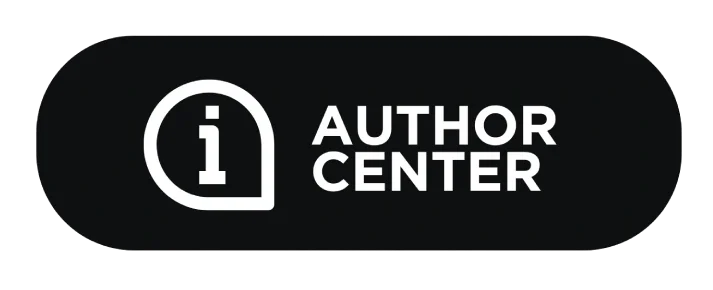The political and social transformations shaping the contemporary landscape—both nationally and transnationally—have brought traditional forms of state organization into crisis, raising questions about their legitimacy, effectiveness, and representational capacity. The increasing complexity of public challenges—from climate change and forced displacement to structural inequality and the digitalization of public administration—demands a critical reassessment of the normative, institutional, and procedural frameworks guiding both national and supranational action. Governance can no longer be understood solely as a function of the nation-state; it has become a contested field where multiple actors, scales, and rationalities converge.
This shift compels us to reconsider the very notion of the public and the mechanisms mediating between power and citizenship. Contemporary governance involves a plurality of institutions and networks that extend beyond the state apparatus, shaping how policies are formulated, implemented, and evaluated. Public policy, therefore, should not be analyzed solely in technical or functional terms, but as a space of deliberation, conflict, and recognition, where visions of the common good, social priorities, and modes of inclusion and exclusion are negotiated.
Within this context, global justice emerges as a particularly relevant concern. Asymmetries in access to rights, resources, and political representation can no longer be addressed solely within national frameworks. Migration, human mobility, international cooperation, and the governance of global commons (such as climate and public health) raise normative challenges that require transnational approaches and a public ethic attentive to global interdependence. To think about justice today is to question how collective responsibilities are organized beyond state borders, recognizing the diversity of actors involved and the deep inequalities that structure the global order.
From this perspective, this thematic area calls for research that explores governance and public policy through analytical and interpretive frameworks capable of illuminating the tensions between power, legitimacy, and participation. We especially encourage contributions that bridge empirical and normative dimensions, analyze concrete decision-making processes, institutional practices, conflicts of representation, and accountability mechanisms. Proposals that imagine alternative forms of political organization—more inclusive, transparent, and responsive to the multiple scales of contemporary power—are also welcomed.
To guide this inquiry, we propose the following questions, among others:
1. How can we rethink the legitimacy of public institutions in contexts of social fragmentation, political polarization, and citizen disengagement?
2. What forms of multilevel governance can address challenges such as climate justice, migration, or global health?
3. What roles do international organizations, transnational civil society networks, and local actors play in redefining public action?
4. What models of deliberation, representation, and participation can strengthen the ties between institutions and citizens across diverse contexts?
5. How are notions of justice, equity, and responsibility articulated in conditions of global interdependence?
This thematic field seeks to foster rigorous, plural, and interdisciplinary reflection on the reconfiguration of power in the 21st century. We invite contributions that critically interrogate emerging forms of governance, the normative frameworks that support them, and the challenges they face in building more just, inclusive, and sustainable orders at local, national, and global levels.




